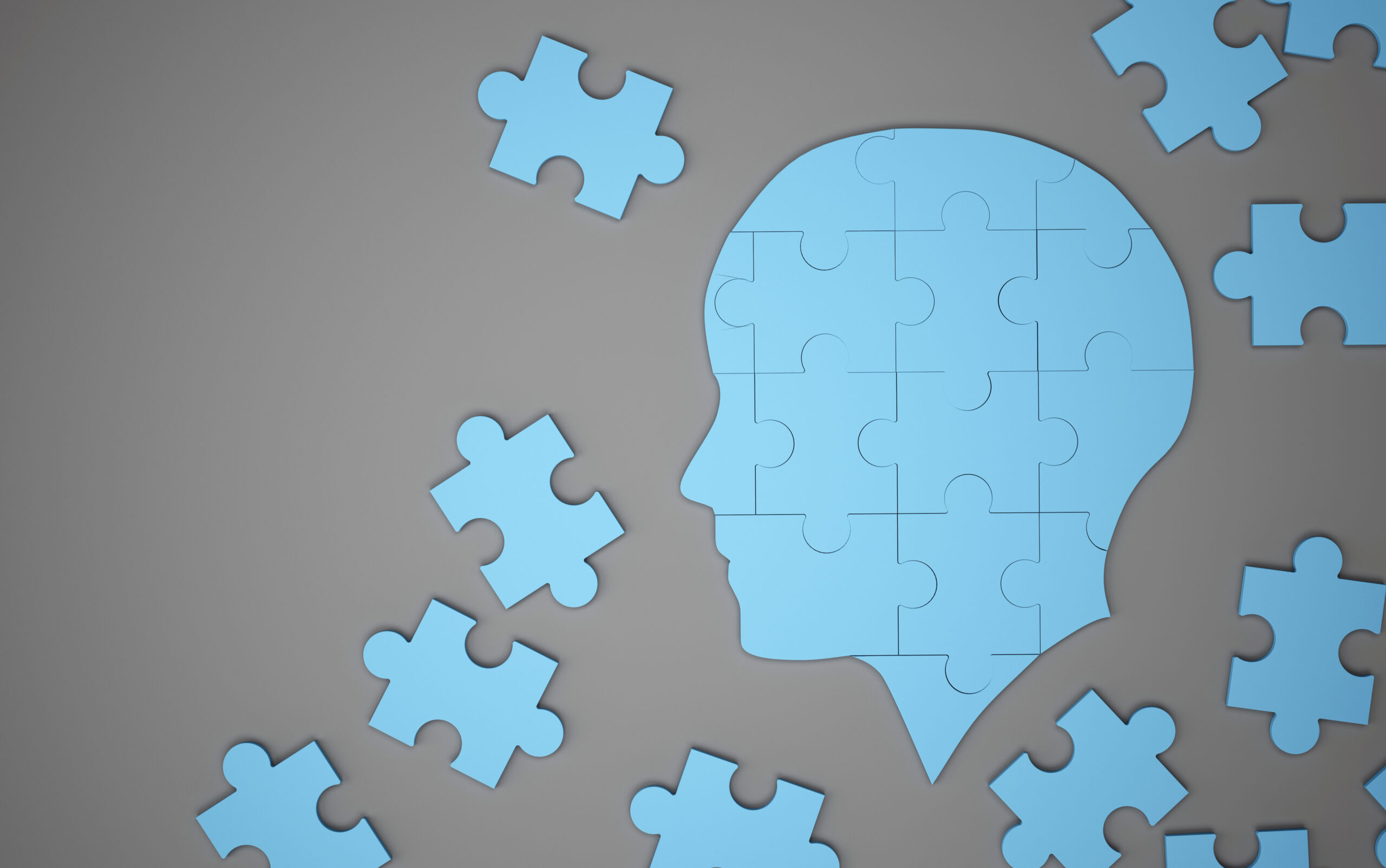Memory loss as rebellion: when the brain refuses to remember
Memory loss can sometimes feel like a rebellion of the brain, where it seems to refuse to remember things that were once so familiar. This phenomenon is not just about forgetting where you placed your keys or what you had for breakfast; it can be a sign of deeper issues affecting the brain. The brain is a complex organ, and its ability to store and retrieve memories is influenced by a multitude of factors, including age, stress, and even lifestyle choices.
As we age, it’s natural for our brains to experience some decline in memory. This is part of the aging process, and while it can be frustrating, it’s generally not a cause for concern unless it interferes significantly with daily life. However, when memory loss becomes more pronounced or sudden, it might indicate a more serious issue, such as Alzheimer’s disease or other forms of dementia. These conditions are characterized by damage to brain cells and their connections, leading to a decline in cognitive functions.
Stress and anxiety are other common culprits behind memory loss. When we’re under pressure, our brains can become overwhelmed, making it harder to focus and retain information. This is because stress triggers the release of hormones like cortisol, which can impair memory and cognitive function. In young people, memory decline can also occur due to overwork and multitasking, where the brain becomes overburdened with too many tasks at once.
In some cases, memory loss can be linked to physical health issues. For instance, head injuries or chronic conditions like diabetes and hypertension can affect brain health. Mental health conditions such as depression can also play a role, as they can impair concentration and memory.
Understanding the causes of memory loss is crucial because some forms of cognitive decline can be managed or even reversed. Identifying underlying issues early allows individuals to take proactive steps to protect their brain health. This might involve lifestyle changes, such as improving sleep habits, increasing physical activity, or managing stress through meditation or therapy. In cases where memory loss is due to a medical condition, seeking professional help is essential to address the root cause and improve overall well-being.
The idea of memory loss as a rebellion of the brain highlights the complex interplay between our mental and physical health. By recognizing the signs of memory decline and addressing its causes, we can work towards maintaining a healthy brain and a sharper mind throughout our lives.





